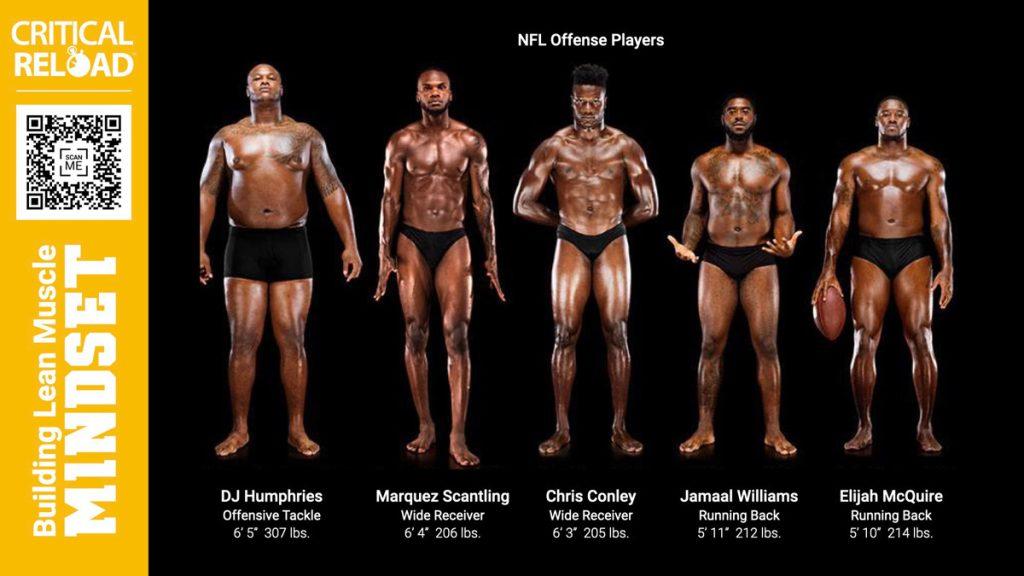After an intense workout, your body craves nutrients to repair muscles, replenish energy stores, and enhance overall recovery. Protein, a macronutrient essential for muscle repair and growth, plays a pivotal role in post-workout nutrition. Choosing the right protein sources can significantly impact your recovery process, optimizing your efforts and helping you achieve your fitness goals. In this article, we will explore the best protein sources to incorporate into your post-exercise routine, ensuring that you recover efficiently and effectively. Whether you’re a seasoned athlete or a fitness enthusiast, understanding these protein options will empower you to make informed dietary choices that support your active lifestyle.
Choosing High-Quality Proteins for Optimal Recovery
After an intense workout, your muscles are like a sponge, eagerly absorbing nutrients to repair and grow. To support this process, choosing high-quality protein sources is essential. Look for options that are rich in essential amino acids, easily digestible, and support muscle synthesis. Animal-based proteins often lead the charge in this arena due to their complete amino acid profiles. Lean meats such as chicken breast and turkey are excellent choices, offering a high protein-to-fat ratio. Eggs, often hailed as a near-perfect protein, provide a balanced blend of amino acids and are incredibly versatile for post-workout meals.
For those who prefer plant-based options, there are plenty of effective choices that can match their animal counterparts in quality. Quinoa, for example, is a complete protein that offers all nine essential amino acids and can be a delightful addition to salads or bowls. Lentils and chickpeas not only pack a protein punch but also come with the added benefits of fiber and minerals. Don’t forget about protein-rich nuts and seeds like almonds and chia seeds, which can be easily incorporated into smoothies or snacks. The key is to mix and match these sources to ensure you’re getting a broad spectrum of nutrients to fuel your recovery.

Harnessing the Power of Plant-Based Protein Options
As the world embraces healthier lifestyles, plant-based proteins have surged to the forefront as excellent options for post-workout recovery. These proteins not only support muscle repair but also contribute to overall wellness by offering a rich array of nutrients. Here’s a list of top plant-based protein sources that can redefine your recovery regimen:
- Quinoa: Often hailed as a superfood, quinoa is a complete protein, containing all nine essential amino acids. It’s perfect for replenishing energy levels while supporting muscle repair.
- Lentils: Packed with protein and fiber, lentils are an excellent choice for a satisfying post-workout meal. Their high iron content also helps in improving oxygen flow in the body.
- Chickpeas: Versatile and nutrient-dense, chickpeas are not only rich in protein but also in essential vitamins and minerals. They can be easily added to salads, stews, or made into hummus.
- Chia Seeds: Small but mighty, chia seeds are a powerhouse of protein, omega-3 fatty acids, and antioxidants. They can be sprinkled over smoothies or yogurt for a nutritious boost.
Incorporating these plant-based proteins into your diet not only enhances muscle recovery but also contributes to a more balanced and sustainable lifestyle. Embrace these options to fuel your body effectively and feel the difference.

Incorporating Animal Proteins for Maximum Muscle Repair
Animal proteins are a powerhouse for muscle repair, offering complete amino acid profiles essential for recovery. Chicken breast, for example, is not only versatile in preparation but also packs a high protein punch with minimal fat. Lean beef offers a rich source of creatine, which can enhance strength and recovery, making it a staple in many athletes’ diets. Consider incorporating eggs, which are not only affordable but provide a perfect balance of proteins and fats, with the yolk containing vital nutrients like vitamin D and omega-3s.
- Fish: Opt for fatty fish like salmon or mackerel. They are rich in omega-3 fatty acids, which can help reduce muscle inflammation and soreness.
- Greek Yogurt: A fantastic post-workout snack that combines casein and whey, offering a slow and fast release of proteins.
- Cottage Cheese: Packed with casein, it provides a slow and steady release of amino acids, perfect for overnight muscle repair.
Timing and Quantity: Optimizing Protein Intake Post-Workout
To maximize muscle recovery and growth, it’s crucial to consume protein within the optimal window of time after your workout. Aim to ingest protein within 30 to 60 minutes post-exercise when your muscles are most receptive to nutrient uptake. This period is often referred to as the “anabolic window.” Consuming protein during this time helps replenish glycogen stores and supports muscle repair, ensuring you bounce back stronger and ready for your next session.
When it comes to how much protein to consume, 20 to 40 grams is generally recommended for most individuals, depending on your body weight and workout intensity. This amount is sufficient to stimulate muscle protein synthesis effectively. It’s important to pair your protein intake with some carbohydrates, as this combination can further enhance recovery by boosting insulin levels, which aids in the transport of amino acids into muscle cells. Consider the following strategies to meet your protein needs post-workout:
- Plan Ahead: Prepare your protein-rich meal or shake before your workout, so it’s ready to consume immediately after.
- Quality Matters: Choose high-quality protein sources such as whey, casein, or plant-based proteins that are rich in essential amino acids.
- Stay Consistent: Make post-workout protein intake a regular part of your fitness routine to support continuous muscle recovery and growth.




